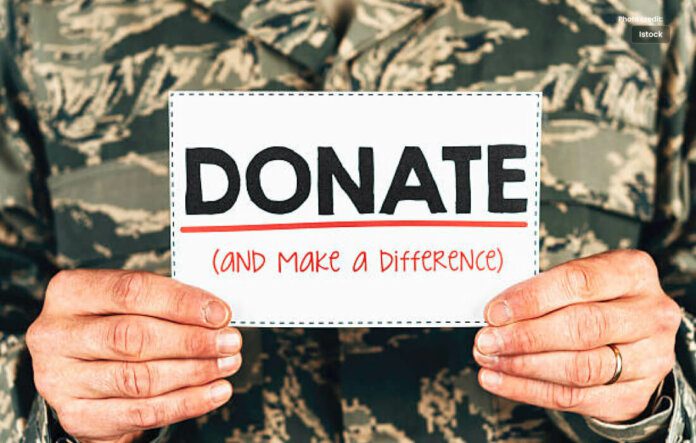Veterans donations: a symbol of gratitude, respect, support served.
Introduction
In every corner of the world, there are individuals who have bravely donned their uniforms and answered the call of duty to protect their nations. Veterans, whether they’ve served in times of peace or conflict, have made immense sacrifices to ensure our safety and freedom. While their service might end on the battlefield, their needs persist beyond their time in active duty. This is where the significance of veterans donations comes into play. In this blog, we’ll explore how veterans donations can make a meaningful impact, the various ways to contribute, and the heartwarming stories that highlight the power of giving back.
The Impact of Veterans Donations
Veterans often face unique challenges upon returning to civilian life. These challenges can include physical and mental health issues, unemployment, homelessness, and difficulty transitioning to a new routine. While governments provide support, the sheer magnitude of these needs often requires additional assistance from the private sector. This is where veterans donations play a crucial role.
Donations directed towards veterans’ causes can provide essential services such as healthcare, mental health support, housing, education, and job training. They can significantly improve the quality of life for those who have selflessly served their countries. By contributing to veterans’ organizations, donors play a pivotal role in acknowledging and addressing the sacrifices made by these brave individuals.
Ways to Contribute
- Monetary Donations: Financial contributions remain one of the most direct ways to make a difference. Organizations such as Wounded Warrior Project, Disabled American Veterans, and Fisher House Foundation allocate funds to various programs aimed at improving veterans’ lives.
- Volunteer Work: Giving time and expertise can be equally impactful. Many veterans’ organizations rely on volunteers to assist with various activities such as providing companionship to veterans, organizing events, or offering job placement support.
- Donating Goods: In-kind donations, such as clothing, toiletries, and household items, can support veterans in need. These items can be distributed directly or sold to raise funds for veterans’ initiatives.
- Educational Scholarships: Many veterans aspire to continue their education after their service. Donors can contribute to scholarships that enable veterans to pursue higher education and build new careers.
- Employment Opportunities: Some organizations focus on connecting veterans with job opportunities in the civilian sector. By partnering with these initiatives, companies can actively contribute to veterans’ successful reintegration into society.
Heartwarming Stories of Impact
From Battlefield to Business:
An inspiring story features a veteran who, after his service, struggled to find employment due to a lack of relevant skills. Through a veterans’ program supported by donations, he received training in web development and now runs a successful web design business.
Healing Through Horses:
A donation-funded equine therapy program helped a combat veteran cope with PTSD. Regular interaction with horses and professional therapists allowed him to gradually overcome his emotional challenges and improve his mental well-being.
Building Homes, Rebuilding Lives:
Donors contributed to a project that builds affordable homes for disabled veterans. These homes are designed with accessibility in mind, allowing veterans to regain their independence and live comfortably.
Conclusion
The impact of these donations is immeasurable, as they help veterans navigate challenges, find opportunities, and rebuild their lives. By engaging in various forms of contribution, individuals and communities can stand united in giving back to the heroes who have dedicated their lives to safeguarding our nations. Whether through financial support, volunteer work, or donations of goods, every act of kindness adds to the collective effort of honoring and uplifting our veterans.




